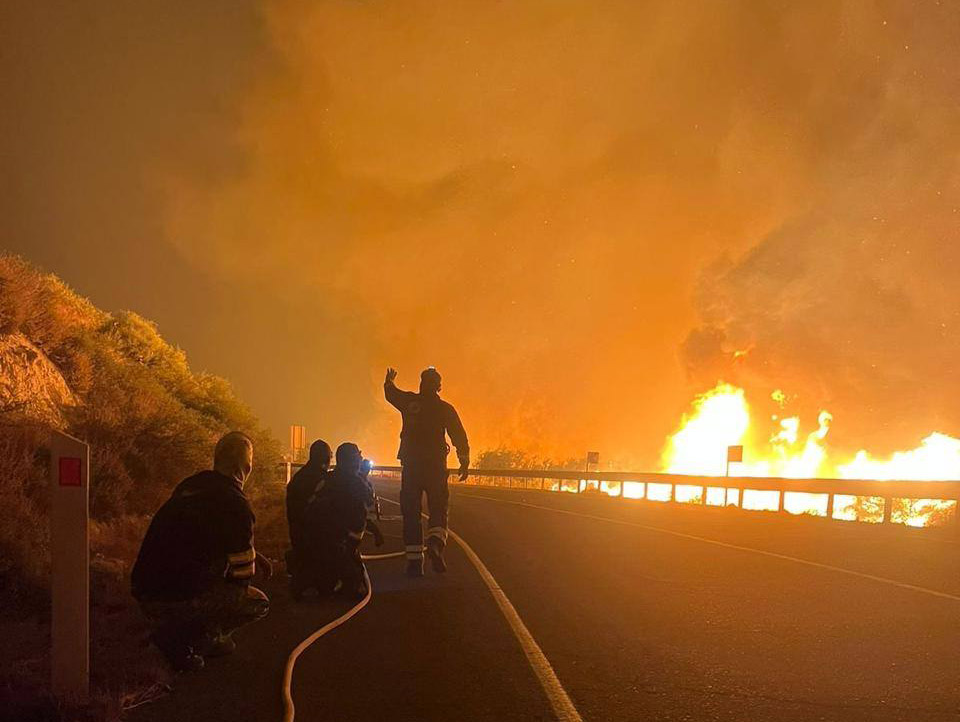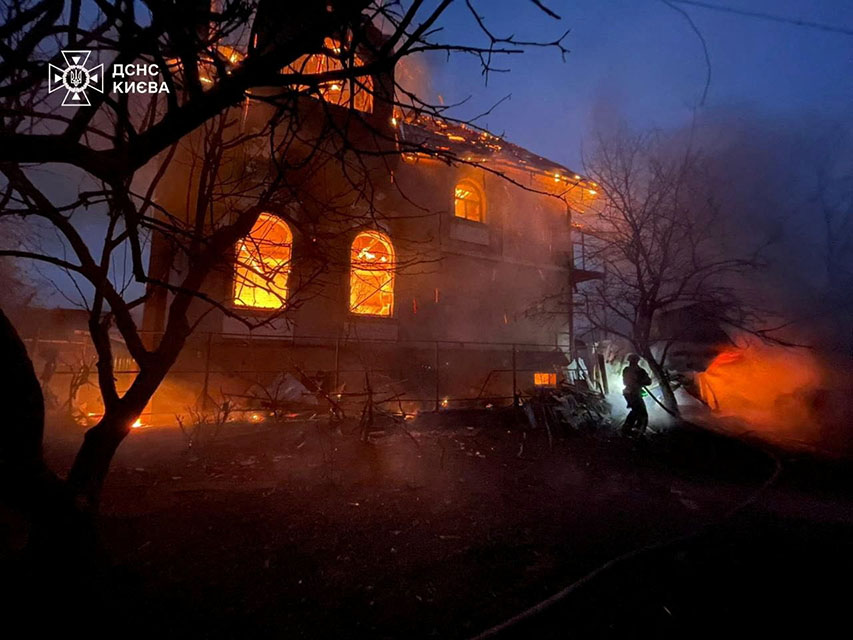The fire chief had warned a year ago of the dangers of wildfires and how the system is ill-equipped to deal with them, according to a confidential transcript from a parliamentary meeting revealed on Tuesday.
Excerpts of the transcript, which daily Politis got hold of, show the officer listing off a number of shortcomings that needed to be addressed.
His testimony – which the paper dubbed ‘prophetic’ given last week’s inferno that tore through Limassol district, turning 120 square km into ash – came during a session of the House interior committee taking place on June 20, 2024.
There, the fire chief described how the country was vulnerable when it came to fire prevention and containment.
A major point highlighted concerned the landfills dotting the countryside, and how these serve as ‘flash points’ for fires.
The officer pointed to the rugged terrain in the countryside, as well as the lack of roads, making it difficult for fire engines to approach or manoeuvre.
Also, for the same reason, water tankers often cannot reach locations where a fire has broken out – even putting firefighters’ lives at risk, as every minute counts.
Another issue related to the division of duties. Since 1994, the fire department is tasked with fire containment in rural areas; but fire prevention remains with the district authorities. This has meant that prevention is localised and scattered, as there is no centralised system for it.
In his testimony, the fire chief tried to sound the alarm, saying that his department was already swamped with other duties. In addition to dealing with rural fires, they had to respond to incidents within urban areas.
On average, they dealt with up to 300 incidents a week – such as helping people trapped in their cars or elevators, petrochemical incidents, other rescue operations and so forth.
“So we are talking about a broad spectrum of operations, and what we’re chiefly interested in, is to save lives,” the fire chief said at the time.
“You realise that cities have been growing, residential areas have expanded, so this is a huge issue which takes up our time and resources, in addition to tackling rural fires since 1994.”







Click here to change your cookie preferences